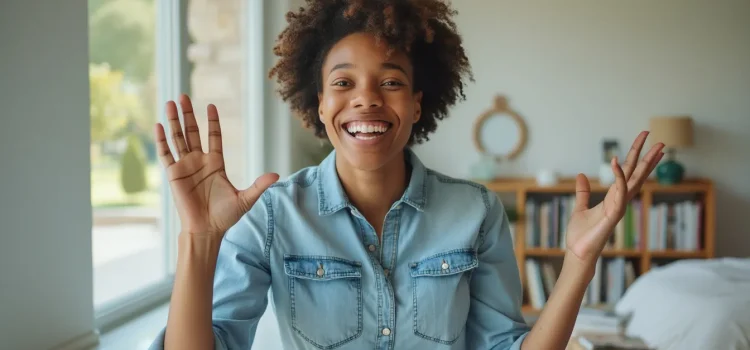Why is a positive mindset important for achieving your dreams? How can you get rid of negative thoughts about yourself? To sell yourself and others on the idea of your dream, you have to truly believe it without giving in to negativity. Arnold Schwarzenegger’s story shows that adopting a positive mindset, viewing hardships as opportunities, and managing time efficiently are powerful tools for achieving your dreams. Check out how to gain a positive mindset to make your dreams come true.
How to Gain a Positive Mindset: 3 Steps for an Open Mind










